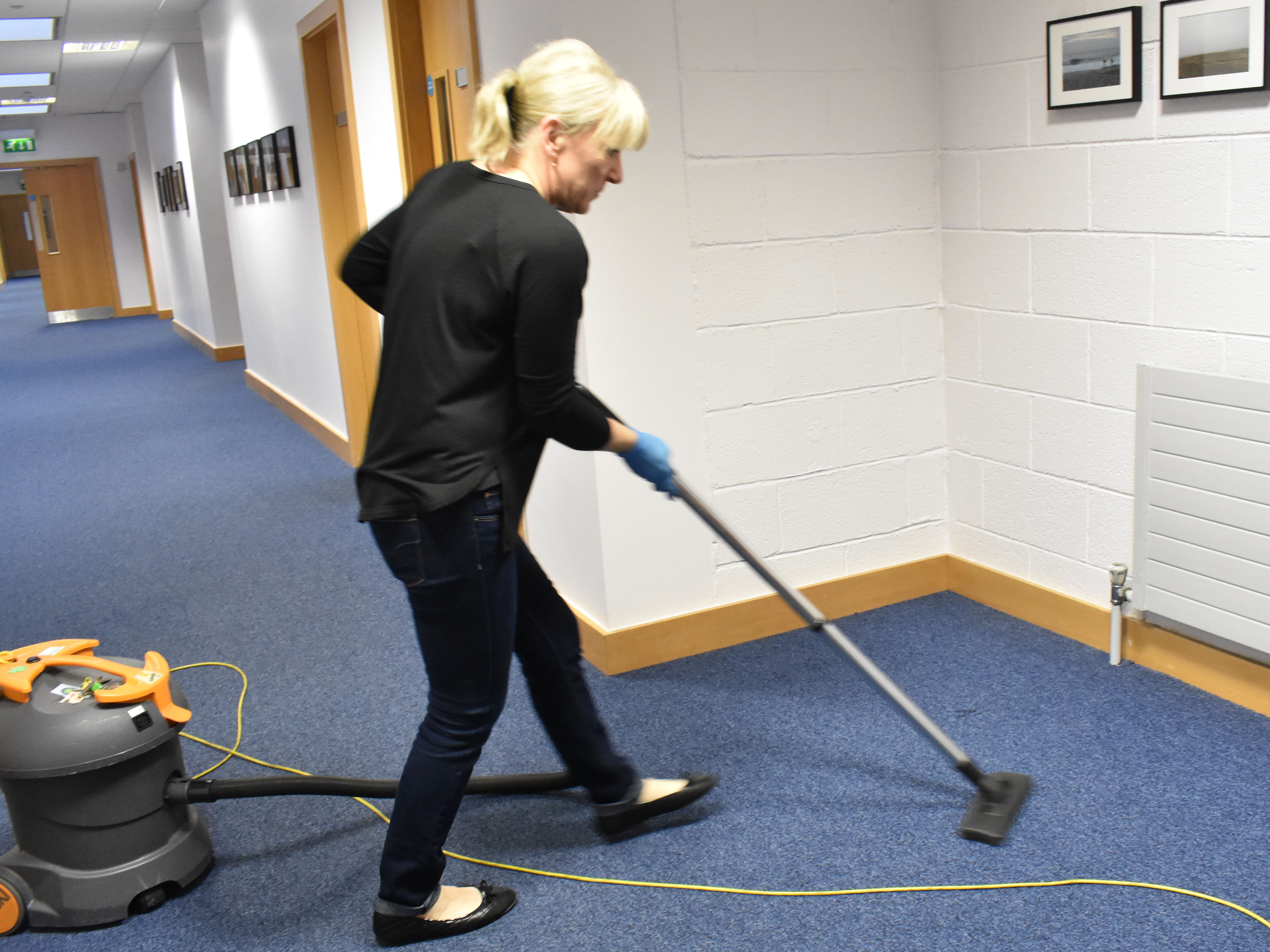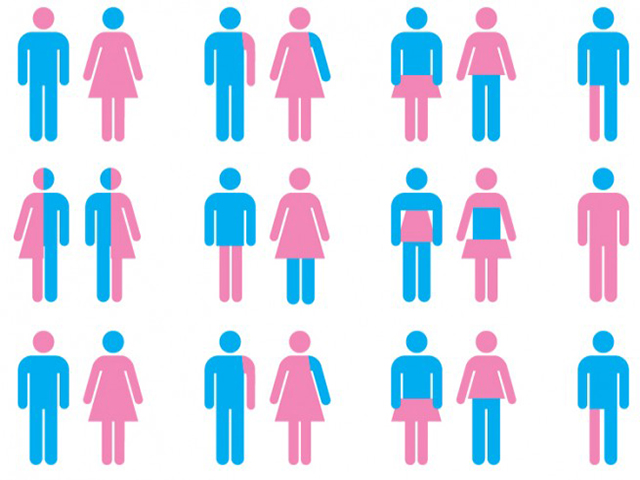
Beatha teanga í a labhairt.
A proverb thousands of Leaving Cert students will currently be desperately trying to seam into their seanfhocal ranks in preparation for the oral exams, only for the majority to forget all remnants of the phrase ‘the life of a language is to speak it’ immediately after testing.
The resentment inflicted Irish language to this day faces the worn out tale that the story of Peig Sayers and woes of grammar lessons on the tuiseal ginideach put people off our national tongue, but, as of the start of 2022, it stands equal alongside the 23 other official EU recognised languages.
This built on a 2007 move that saw Irish justified as an official working language, although a directive at the time meant more qualified translation staff had to be accumulated before it could be bestowed par quality with languages such as English, French, and German in the EU.
Many citing the enaction as crucial to its future development, it also adds an extra incentive for people to divulge into the language once again or even for the first time, according to Derek Ó Briain, an Education Manager at Gaelchultúr, an Irish language consultancy & training company.
“Irish is such a cultural thing and there’s a real value to it in that sense, but now, with the EU putting it equal with their official languages it gives people who don’t appreciate the cultural significance of it a very tangible reason to learn because you can make a lot of money with it” he says.
“There are loads of translation jobs available across Europe now with Irish, but particularly in Brussels. It gets your foot in the door of the EU parliament and there are loads of opportunities available.”
Irish language speakers now in “hot demand” as a result, the recruitment drive is in full flow to encourage more people to actively use the language, whether that be in actual or pop up Gaeltacht’s, Ciorcal Comhrá, regular teaching classes or even government enforced initiatives, such as the one that aims to see 20% of civil servants proficient in Irish by 2030.
It has in fact seen a revitalisation in recent years, Covid providing ample opportunity for many to reignite an old ‘grá’ for the language, or others who were curious to experience it for the very first time.
“Our main aim is to kind of cancel out the ghost of Irish language classes past” says Ó Briain, who has been working at the Irish language teaching organisation since 2016.
“A problem we used to have was that we were limited to Dublin because that’s where we are based, but once Covid hit and we were forced online the demand has been phenomenal” he says.
“We’ve seen our numbers nearly triple in that time and we’ve a lot of international students too. Americans in particular became a massive cohort, with a lot of younger people interested too.”
The main obstacle facing the continued growth of the language Ó Briain points out though is the disproportion between the “amount of people who are learning the language versus where the language is at the moment.”
“It’s great there is such a demand for people who are learning language but the kind of caveat to that is that it kind of glosses over kind of the main issue is that the Gaeltachtaí are underfunded, there are very little places to socially speak Irish and it needs to be more integrated into the community.”
A incessant need for Irish to be used more “in the wild” rather than in organised settings key to its future, he acknowledges that often people feel a “weird sense of guilt” that they aren’t more up to speed in the national language and come across more and more in everyday life.
Duolingo, Tik Tok, Instagram and Twitter now all actively adding to Irish’s accessibility and visibility the small community of fluent speakers is every growing, aided by the sense of ríomh aithne or ‘computer knowing’ of people.
“It’s great these new platforms are embracing the language because they’re not just doing it in a teaching way either, they’re talking about everyday topics which all adds to the normalisation of it’s use.”
“It shows that it’s not always either a lecture or ‘Jesus wasn’t the famine terrible’, it can be used for current affairs and that’s important.”
“One of our mottos is that it’s never too late to come back or start over and it’s that mindset as well as the funding of our Gaeltachtaí and more government moves to social spaces to use Irish that are key to the future of the language.”
Alanna Cunnane
Image Credit:



